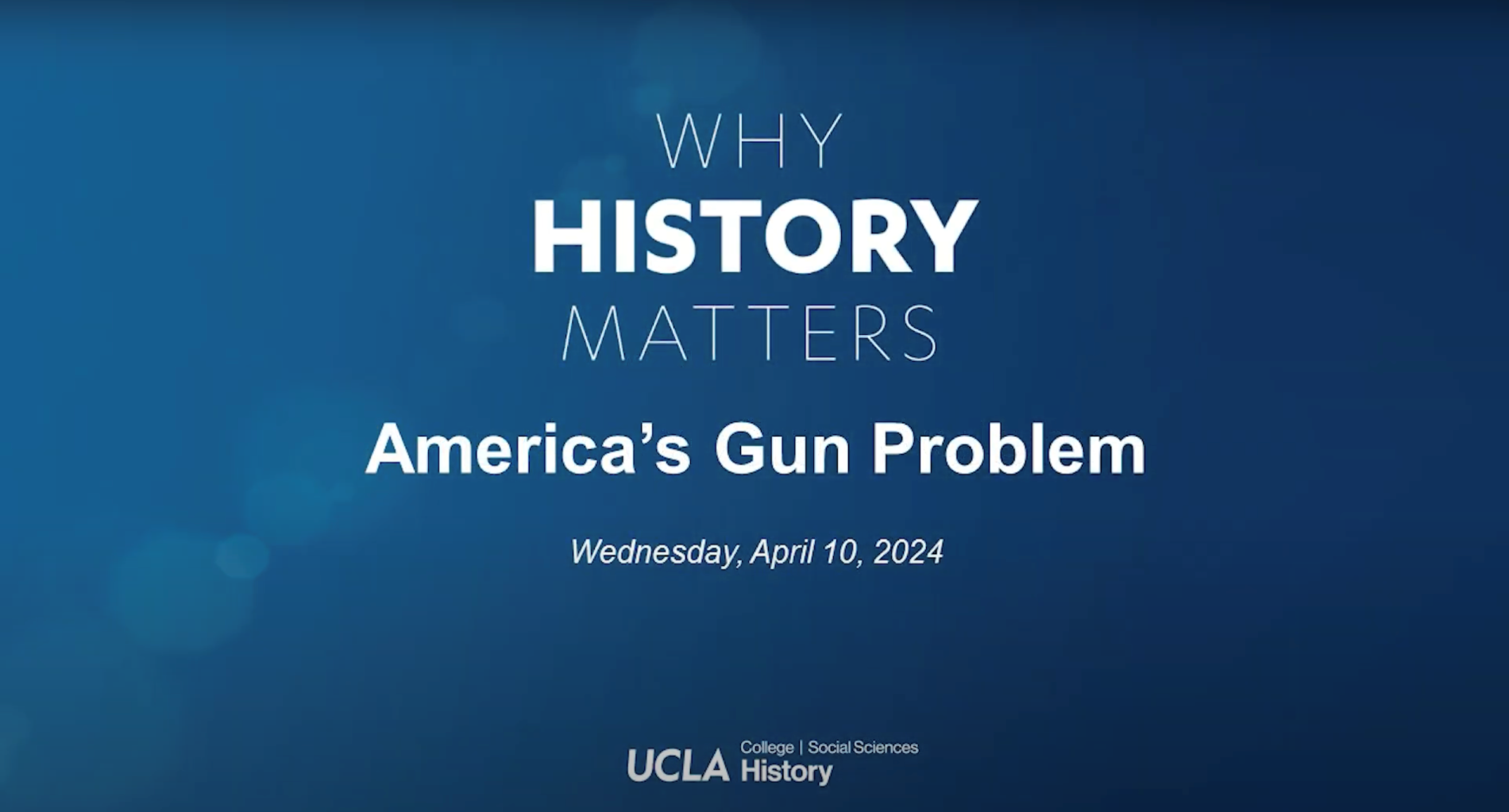A Fiat Lux seminar examines the roles of women in motorsports, exploring gender, strategy and cultural narratives

Brazilian driver Aurelia Nobels competes in the F1 Academy series, an all-women single-seater racing series. Nobels has backing from Scuderia Ferrari./ Photo Credit: PUMA
Kayla McCormack
On a Tuesday evening in Rolfe Hall, a small group of UCLA students settled into their seats. A simple question — “Did you follow motorsports before enrolling?” — sparked an enthusiastic exchange about favorite Formula 1 teams and drivers. One student, raised by a McLaren-loving father, shared that his recent dive into the sport had converted him to a proud tifosi – a supporter of Ferrari and one of their drivers, Charles Leclerc.
This personal connection is what makes Motorsports and Society, a Fiat Lux seminar, so impactful. Co-taught by motorsports historian Steven Meckna; Sharon Traweek, associate professor of gender studies and history; and Fred Ariel Hernandez, lead scientist for the UCLA Disability Studies Sports and Society Lab, the course offers students an interdisciplinary lens on motorsports, with a particular focus on gender and representation from World War II to today.
Fiat Lux seminars are one-unit, discussion-based courses, designed to foster intellectual curiosity in a small class setting. They connect students with leading UCLA faculty and allow them to explore timely and complex topics — like motorsports through the lens of society, culture, and STEM. In recent years, women have worked in prominent and decision making-capacities in motorsports, particularly in strategy — an area Hernández and Meckna saw as paralleling broader increases in women’s representation in science, technology, engineering and math. They proposed the course idea to Traweek, and the three collaborated to develop the course.
As part of the content, students watched an interview with Bernie Collins, former head of race strategy for Aston Martin F1 Team and current Sky Sports commentator. Collins spoke about the intense pressure of strategizing during a race but also reflected on how race strategy has become one of the technical areas in motorsports where women have consistently thrived.
“We wanted students to hear directly from someone who’s worked both on and off the pit wall,” said Meckna, a retired history teacher and longtime women’s sports coach. “Collins offers insight into how demanding a strategist’s job is, but also how strategy has created more space for women, compared to some other roles that require extensive travel due to the rigorous Formula 1 race calendar.”
After watching the clip, Meckna pushed students to think critically about why these roles have seen more female representation than others, such as race engineering. Students pointed to the structure of the roles themselves — strategy positions can rotate more regularly, Collins suggested. In contrast, engineers, who serve as a driver’s primary point of contact during a race, typically spend over a decade developing their expertise and must travel extensively throughout the season, attending nearly every grand prix.
“Children,” one student said plainly, prompting nods around the room. The class explored how the physical demands, intense schedules and lack of institutional support can still pose barriers for women.
Yet even amid these constraints, progress has accelerated. “Not long ago it would have been almost unthinkable to have a woman in a senior technical position in an F1 team,” Meckna said. “Today, it is rare not to see one. This corresponds with the increasing numbers of women in STEM fields. I’m not trying to be Pollyannaish about it — we’re still light years from anything resembling equality — but steps forward have been big and fast.”
The 2025 Formula 1 season, which kicked off earlier this month in Australia, is particularly historic. Haas’ Laura Mueller is now the first female race engineer in F1 history, working with driver Esteban Ocon.
“In professional motorsports, where most drivers are men, there are women with decision-making power,” Meckna said. “Hannah Schmitz at Red Bull makes calls that will win or lose a race for her team. So does Laura Mueller. The same was true when Leena Gade led the engineering team at Audi during their phenomenal run of success.” Gade became the first female race engineer to win at the 24 Hours of Le Mans.
Progress on the driver side has been slower. There have been successful female racing drivers across IndyCar and endurance racing in recent years, including Danica Patrick and Lyn St. James, though no woman has started a Formula 1 Grand Prix since Lella Lombardi the 1970s.
“Part of this is numbers,” Meckna said. “There are many times more men than women in junior categories of racing. That is starting to change, though. More girls are now competing in karts, the first step on the road to Formula 1.”
Meckna credits these changes, in part, thanks to the unprecedented institutional support for women racers today. The F1 Academy, launched in 2023, was created specifically for this purpose. Each Formula 1 team is required to support a woman in the series, which opens opportunities for female racers to access the training, technology, telemetry, race simulation machinery and qualifying and race day routines of the top professionals in the sport.
“The history of motorsports mirrors broader societal shifts in gender equity,” Hernández said. “In the Sports and Society Lab, we’re interested in how structural changes, like educational access, media representation and community and institutional support increase inclusive opportunities for people with disabilities and women as athletes and in technical roles. This class gives students the tools to examine those systems within motorsports.”

From left: Former racer Susie Wolff and three-time F1 champion Niki Lauda share a smile. Wolff is now the F1 Academy managing director. / Photo Credit: Thomas Ormston/Wikimedia Commons.
Cultural shifts are underway not only in the paddock but also in the stands. Several students shared that their interest in motorsports and the class itself was sparked by the Netflix docuseries “Drive to Survive,” which has expanded Formula 1’s U.S. fan base, especially among women. Today, F1 fans are estimated to be around 40% female, up from just 8% in 2017, as well as significantly more culturally diverse, F1 CEO Stefano Domenicali said in 2022.
By connecting historical barriers with contemporary breakthroughs, the seminar helps students trace how representation in motorsports has shifted and where challenges remain. The course equips students to explore what progress looks like and to critically examine what else is possible.
“There’s so much potential to build on this,” Traweek said. “Motorsports intersect with engineering, emergency medicine, gender studies, environmental science and more. I know we all have hopes to see this course expand into a larger offering.”
This story was originally published in UCLA’s Newsroom, here.


